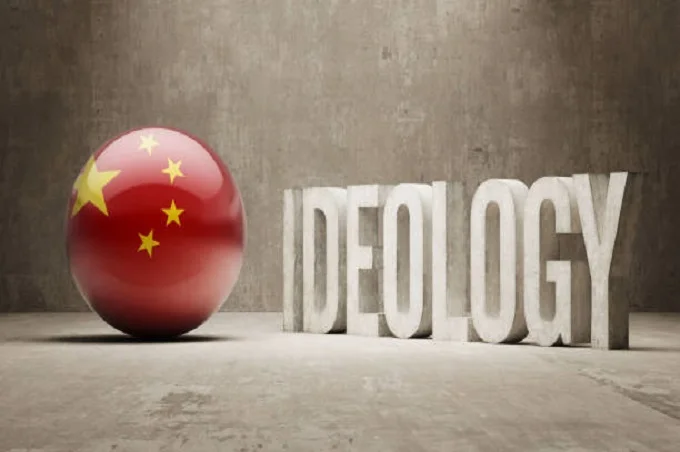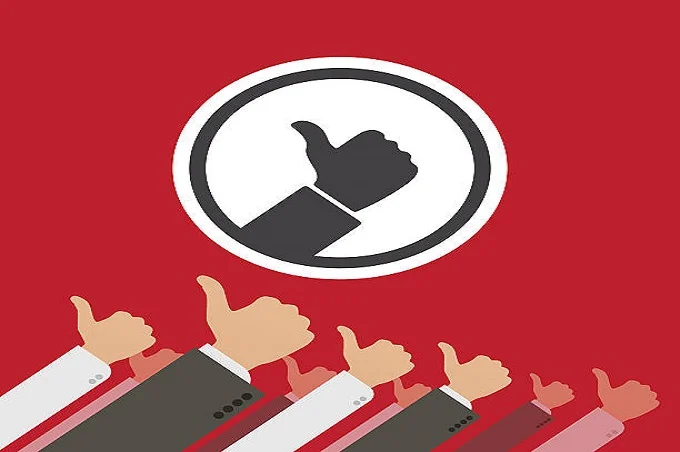What are ideology and its importance?

Ideology emerged with the development of an established way of life. To feed 100 people, 80 had to work continually, and 20 had to explain why everyone else should work. It will not work to put pressure on pity since no humanist concepts exist yet, nor will it work to become a beloved thinker because philosophy has not yet been created. Force it, but 20 versus 80? Even if it works, individuals age, degenerate and lose strength.
The gods aided in escape. Everyone knows the gods hate jokes, mainly the first three: Ashur, Marduk, and Anubis. The gods told you to labor in the fields or construct buildings, but we, the priests, have our task, which is complex and demanding. Can you, and should you, ask Ptah about it? Or are you in doubt since the gods cannot be incorrect and have nothing to hide? So don’t bother us, priests, with such inquiries. To get the latest stories, install our app here
Since then, many details have changed, and numerous add-ons have arrived, but the essence has remained intact. Formally peaceful command and control is ideology.
What is an ideology

However, the word “ideology” itself did not arise until the late 18th century. In jail during the “Age of Terror,” French philosopher Antoine Destutt de Tracy endeavoured to lay the groundwork for a science of thoughts (study). In Tracy’s view, the essential objective was to create a logical system of ideas that could counteract the crowd’s irrational Notably, the philosopher’s writings were not supported following Napoleon’s rise to power and vice versa. First Consul of the French Republic regarded doctrine as antagonistic, labelling his political opponents “ideologists.”
It’s all about logic and order. Tracy defines ideology as a philosophical movement promoting individualism, property rights, free markets, and constitutional constraints on governmental authority. Who wants that? Monarchs will continue to rule the world in the next century, and the French Republic will swiftly become an empire.
Ideology has never been recognized as a science and is increasingly considered a philosophical concept. This phrase is now almost exclusively associated with politics, sociology, and religion. However, the word has lost its pejorative connotation and has become neutral, depending on the audience’s interpretation. Ideology, although being unscientific, has certain essential underpinnings without which it cannot propagate or survive. To get the latest stories, install our app here
Ideology should be superior to knowledge, preceding human issues and providing intelligible solutions. Because ideology is not philosophy, it should not introduce new terminology and ideas that are not understood by the general audience and hence need extensive explanations.
Ideology should be evaluated positively by the public, preferably by the majority. Some ideologues are needed, but if the concept acquires traction, it may expand nearly on its own. They are no longer living, but their informational ghost still hovers in the people’s imaginations.
An ideology must have a direction. Unlike philosophy, which loves to pose complex issues, ideology seeks easy solutions. More people will support a concept if the language and actions are straightforward.
Ideology may be twisted, but it must be reasonable. If not, the masses will soon build their complex of confusion and mistrust, which will displace ideology.
What are the ideologies?

If we take ideology as a constructor, where ideas replace specifics, the ultimate product’s quality is dependent on the engineer’s skills. Let us consider socialism, which many of us understand and support. Equality of rights and opportunities, access to education and medical, and equality before the law are his values. However, adding one word, such as “national,” the substance changes substantially. It’s still about equality and rights, but for one nation only. What, or rather who can assure a person’s well-being? So it’s understandable – at their cost, the rest. To get the latest stories, install our app here
There is a radical solution to the problem. Islamic socialism is a distinct tendency, and Muammar Gaddafi made it the official philosophy of Libya. Mohamed Siad Barre has been creating such socialism in Somalia for 20 years, which is excellent while practically everyone is Muslim, but what if not? Another one, termed jizya, is a tax on non-believers
With the explosion of subcultures in the twentieth century came the rise of hybrid ideologies, frequently combining opposing currents. Liberal fascism is the forced imposition of liberal principles, which varies greatly across individuals. For example, if European liberalism personifies the “decaying West,” American liberalism is highly conservative, making it unique among industrialized nations. Maybe it’s fun to read about the liberal global war in textbooks, but I don’t want to experience it myself.
Modern communication technologies have enabled billions of individuals to access and produce information. Hands grabbed for our concept designer. We choose one, fold it, and show it to the world. Someone will support you, seeing the profound significance even in a femme-anarcho-statism
What can ideology do, and why do we need it?
First, ideology replaces manual control with self-regulation and self-censorship of society. When a dominating concept takes hold, its supporters feel righteous and irresponsible. Anyone who deviates from the predetermined limitations instantly becomes a social adversary. In the 1930s, Jews were enemies in Germany; in the 1970s, communist beliefs became lethal in Chile. Both groups were persecuted, and most crucially, by their fellow people. This new paradigm of morality is more intelligible and hence more convenient.
That is, it is the direction that counts, not the shape. This did not make them a super-nation, God-chosen Aryans. Ideology may propel millions into the trenches or even into the classroom. If you send a dozen first astronauts from other countries, they may still not have their space program.
So, is ideology really needed? It depends on the individual, and it’s not even about freedom of choice or other liberal ideas. It’s more about self-realization and involvement in meaningful work. You may not need it, but it is vital for many, maybe the majority. So people are willing to believe in anything. They cling to them like straws, miss them, and drown in a dirty pool. To get the latest stories, install our app here
No one officially leads you anyplace in the world, but do you really walk your route, freely chosen? Do trends influence your aspirations, ambitions, and dreams?




